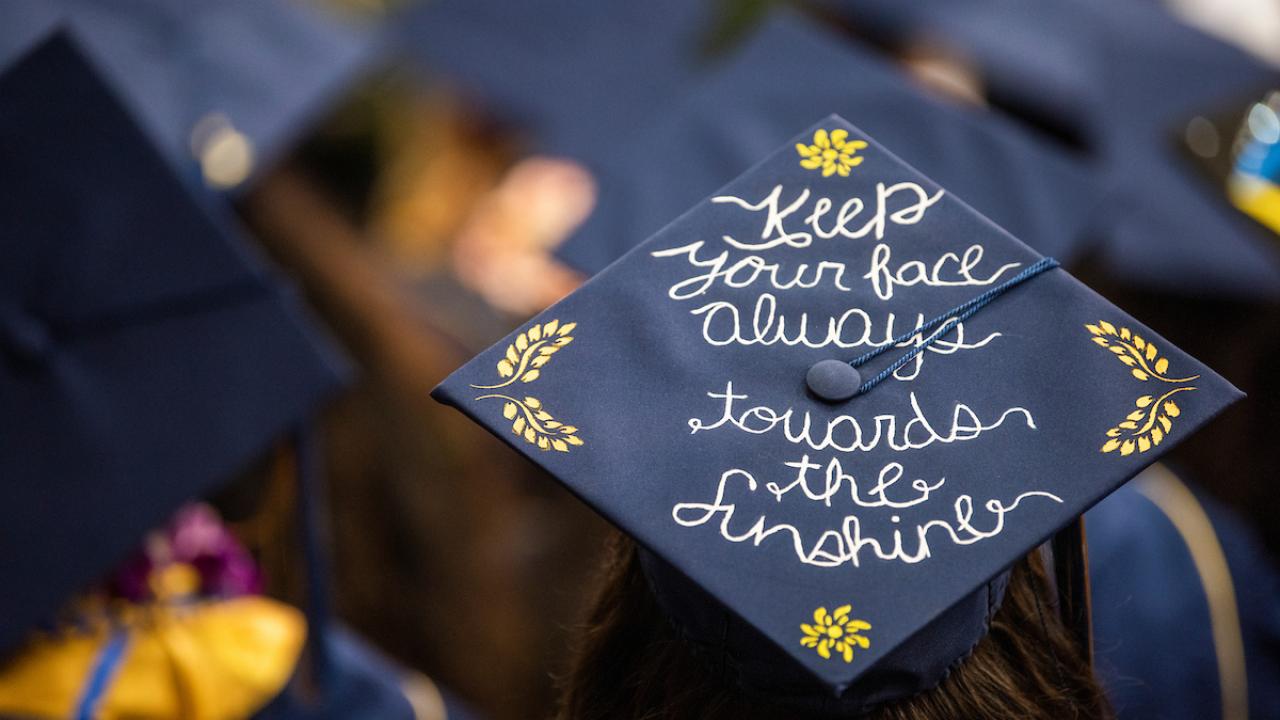
Young Alums Reflect and Look Forward
In June 2019, we caught up with seven soon-to-be graduates (now our newest alumni) to ask them about what they love most about UC Davis and how well their time in and out of the classroom prepared them for their next chapter. Here are their answers.
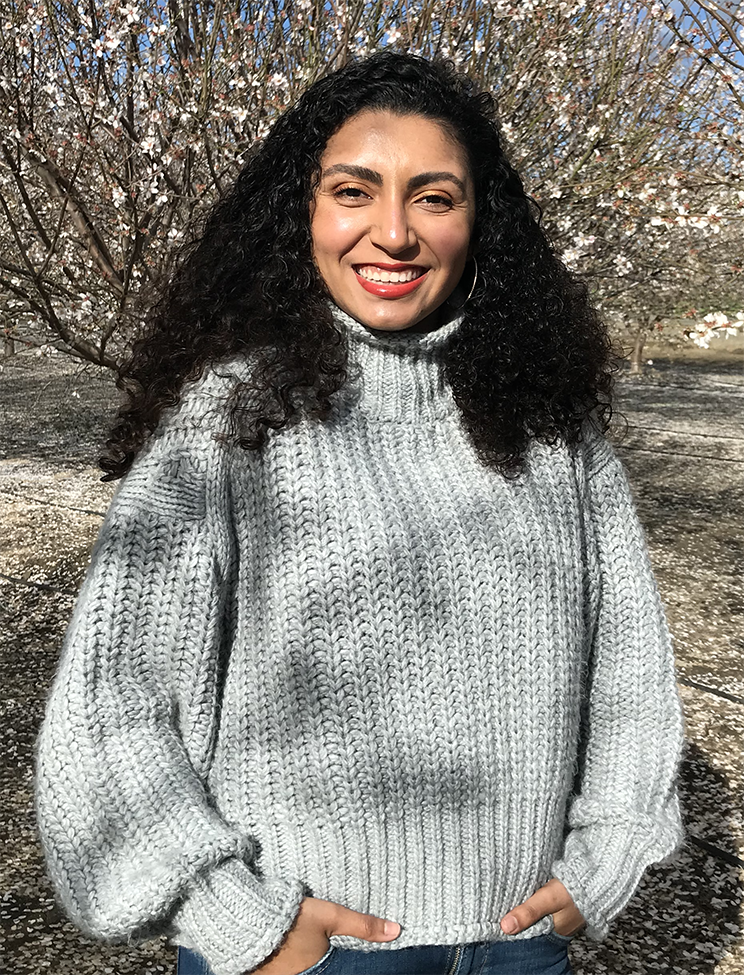
Students
- Ava Hagwood (B.A., psychology and human development, ’19)
- Sandra Hernandez (B.A., communication, ’19)
- Mira Huang (B.A., music and psychology, minor in English, ’19)
- Alicia Maciel Rojas (psychology and Spanish ’19)
- Dante Valenzuela (B.A., history and English, ’19)
- Ryan Alejandro Fonseca-Vega (B.A., Chicana/o studies, minors in political science and prof. writing, ’19)
- Juan Carlos Zarate (B.S., neurobiology, physiology, and behavior; B.A., psychology, ’19)
- Zaprin Igniev (B.S., computer science, ’19)
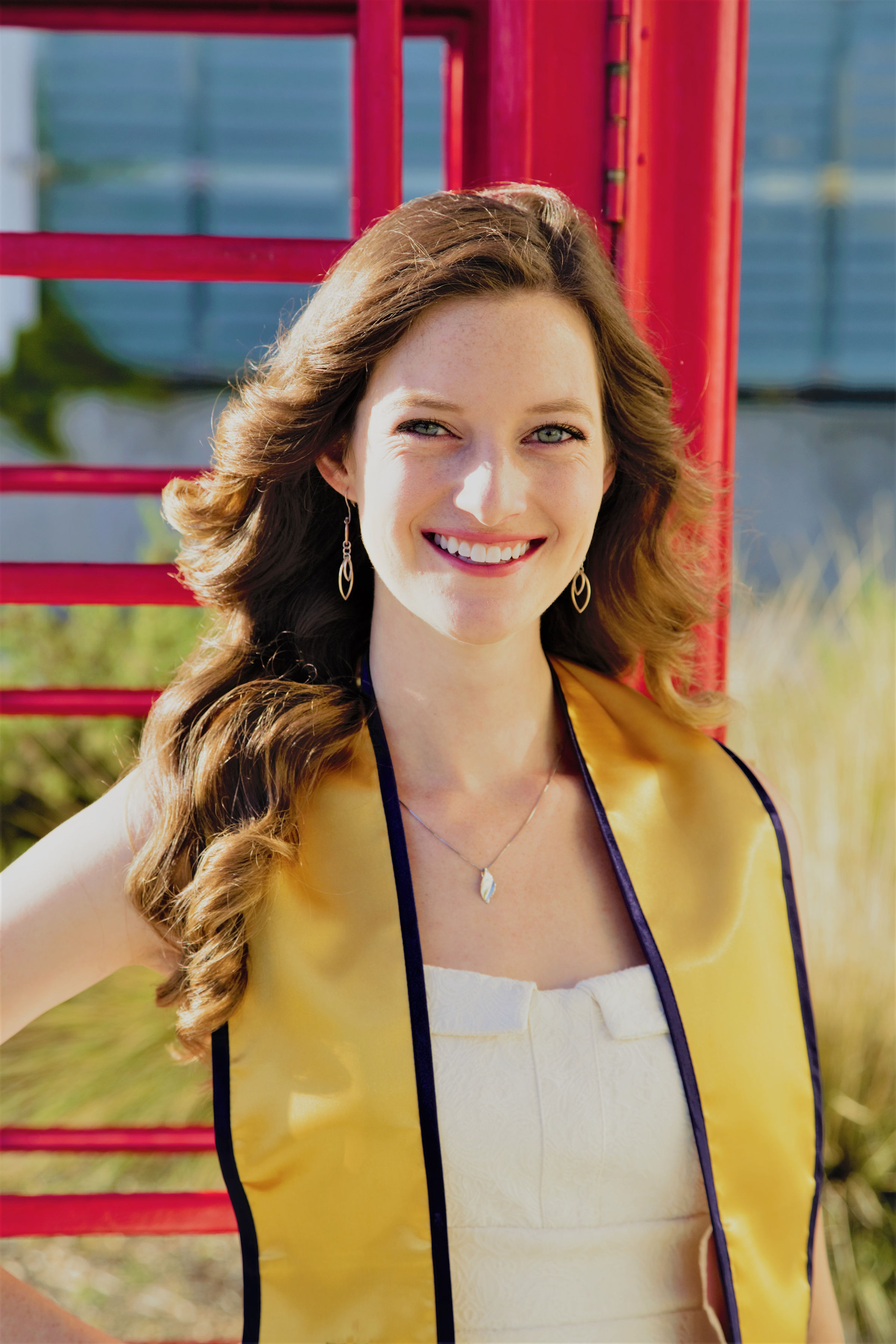
How well does a liberal arts major prepare you for success after college?
Dante
“I think being a liberal arts major encourages a bit of creativity and flexibility in deciding what to pursue in the job market. The freedom to enter a
myriad of job opportunities is made possible by the transferable skills of a liberal arts major: analytical skills, literacy, communication skills, to name a few. My time as an Aggie has prepared me to believe in my skills and my success to achieve my desired goals.”
Ryan
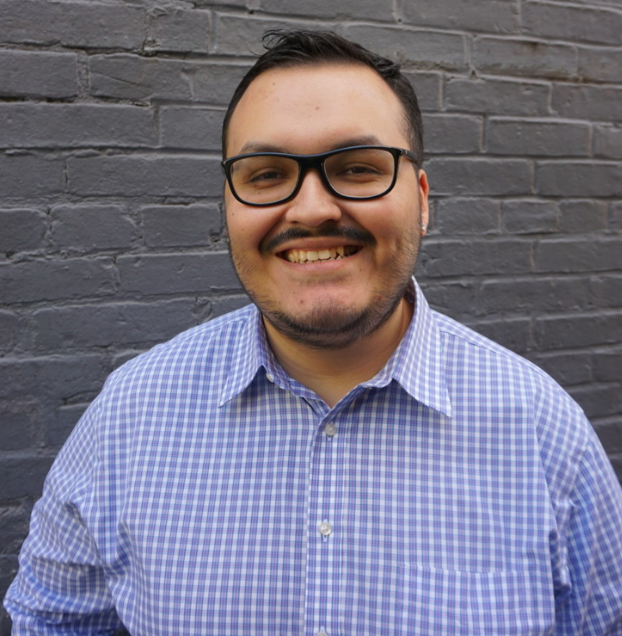
“The strengths of my major and minors will allow me to work in policy and anything I deem worthy. My dream is to found a
nonprofit in Los Angeles to fight recidivism and negotiate with landlords and employers so that their properties and businesses can be felon-friendly and give these individuals the resources to change their lives.”
Alicia
“[Liberal arts] majors consist of learning about our world, about people and how our society functions and the flaws that it has. Can a biology major do that? Can a biomedical engineer be aware of the mental health community and how to be aware when addressing magnificent people in this community? Maybe. My point is that the majors in my college are the majors that help us understand that we are going to be living in and that is why I feel prepared to go into the “real world.” Psychology and Spanish have taught me about the world I will be living in and I am ready to go down that path, no matter what it is, because I
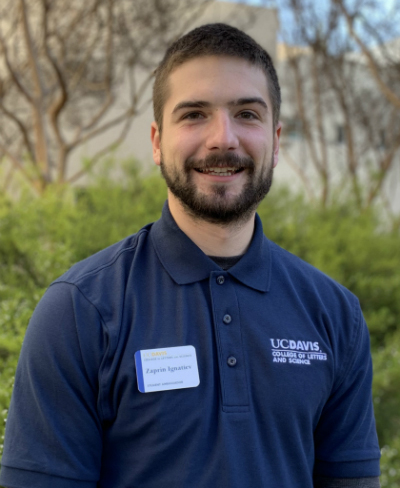
am prepared.”
What did you like most about your major?
Zaprin
“The Computer Science program here in Davis is challenging, which made me face lots of life and academic challenges. That is why I have tried to stay active in extracurricular activities because it helps me to manage my time better and to clear my head. Some of the experiences, like being a student ambassador [for the College of Letters and Science], helped me improve my leadership and professional skills. My classes have prepared me very well for the next step of my life joining the industry.”
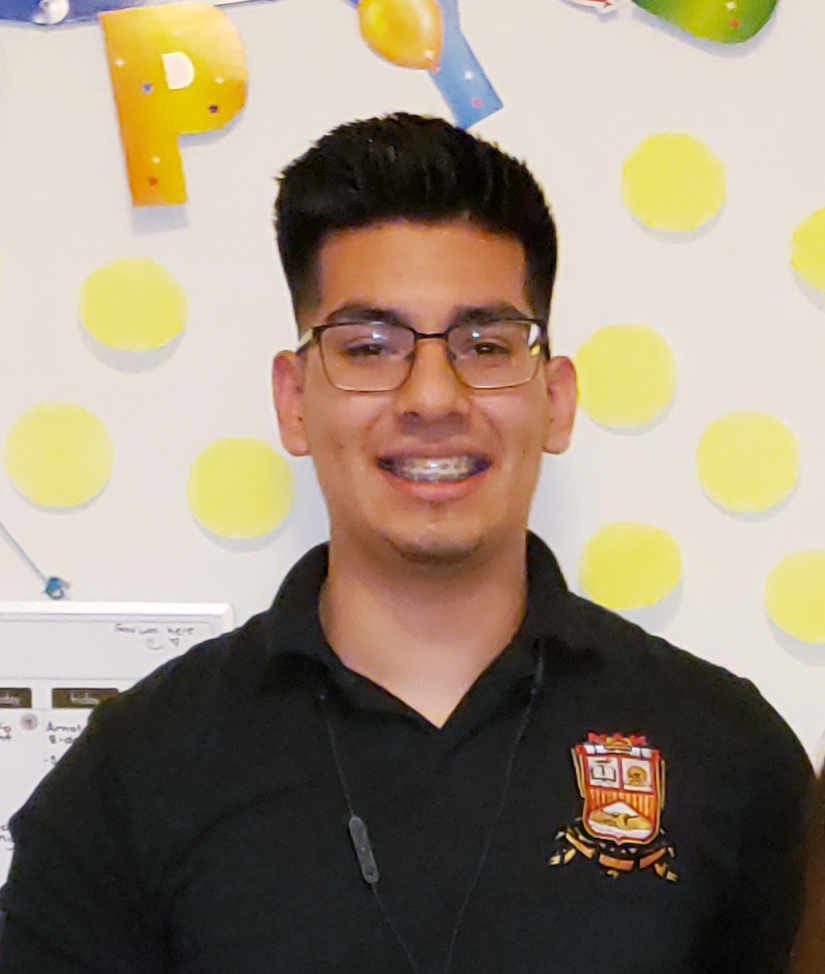
Sandra
“One of the strengths of my major is its interdisciplinary nature. As a communication major, I benefited by learning about a diverse number of subjects, all under the theme of communication. Through this knowledge, I was able to acquire a variety of skills and experiences not only in communication, but also in areas such as political science, psychology, and human development. These skills and experiences have prepared me for multiple industries, such as education and health care. Specifically, my communications skills will aid me in advancing health literacy within underrepresented communities.”
Juan
“As an aspiring psychiatrist, I decided to double major in neurobiology, physiology, and behavior, and psychology because
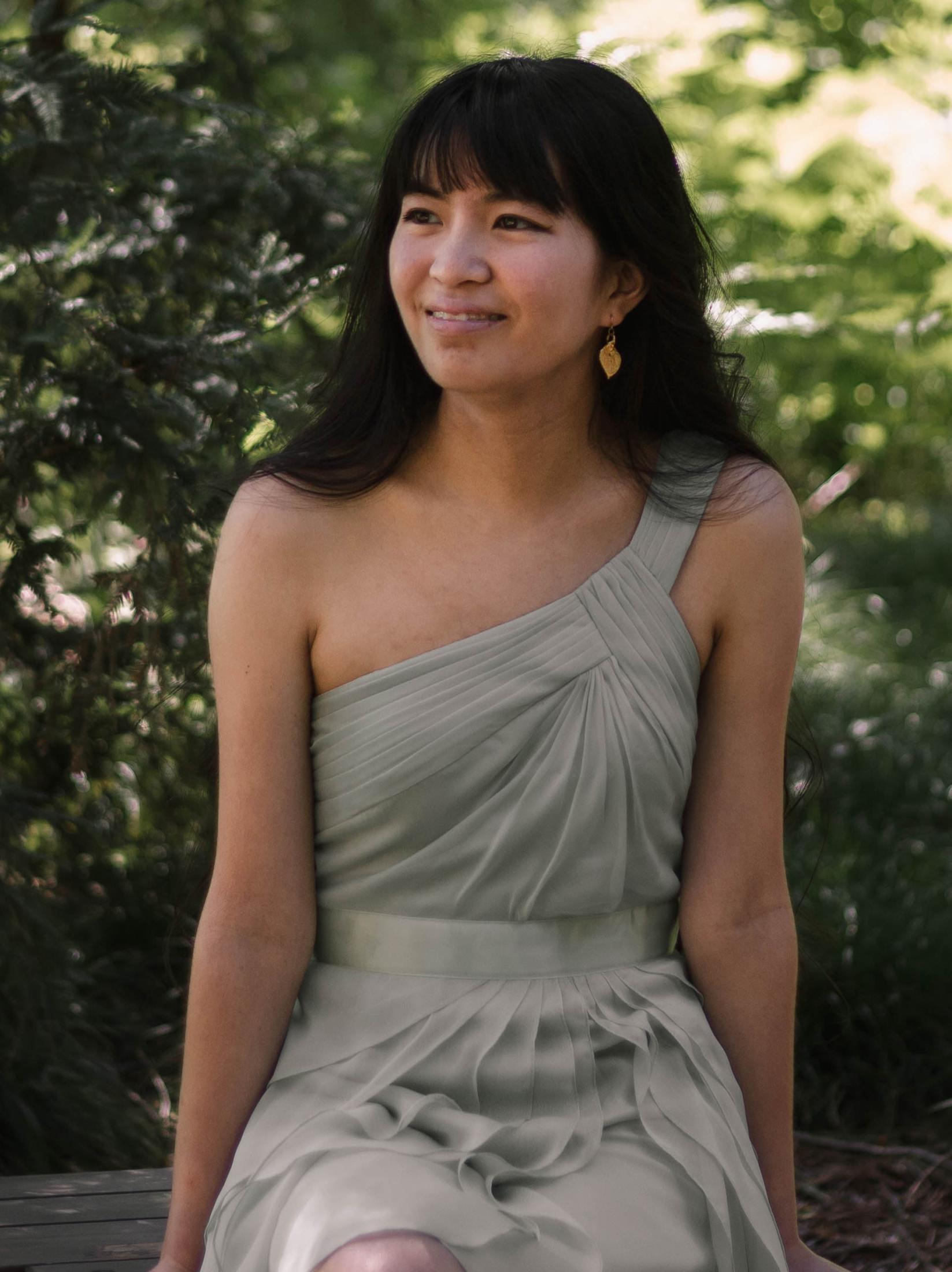
both majors will help me understand the biological and psychological underpinnings of many behaviors. The awesome thing about psychology is its versatility. I can choose to pursue fields within psychology, like clinical and forensic psychology.”
What was your favorite class?
Zaprin
“I have two favorite classes: the first one is Data Structures and Algorithms with Sean Davis and the second one is Operating Systems with Joel Porquet. Both of the classes were very challenging, but completing them was very rewarding because I learned a lot, and thanks to those two classes, I feel more prepared for my future.”
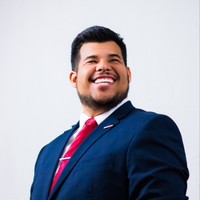
Alicia
“Spanish 142. Special Topics: Women Writers of Spain with professor Diana Aramburu was my favorite course. It is one thing to have powerful and inspiring role models like Oprah Winfrey and Michelle Obama, but it is a completely other thing to have a professor teaching you the art and power of womxn writers. Professor Aramburu taught this class with so much spirit and passion that it made me realize my inner power as a womxn ... it has made me more confident in myself and my abilities, especially going into a field [medicine] that is slowly seeing more womxn working in it, but a majority of it is still dominated by men.”
Sandra
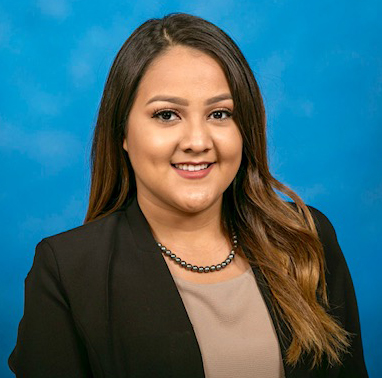
“My favorite course was the Media Effects class (Communication 141). This class made me aware of so many processes that go on in our minds as we are exposed to all kinds of media. Technology has allowed us to become even more exposed to media, and I feel like this class has given me the capability to make informed decisions about my daily media use.”
Mira
“Music 146, also known as Chamber Groups, is a special performance course where you’re allowed to make small ensembles with other musicians, learn music with a professional coach, and then perform your repertoire at the end of the quarter. I’ve participated in numerous chamber groups since fall 2016, and it’s been hands-down my favorite experience. I’ve been in a trio of three sopranos (we called ourselves Sopranosaurus), vocal quartets, a flute-violin duo, flute-violin-piano trios, a voice-guitar duo, and most recently a soprano-baritone duo. It’s allowed me to access repertoire I never would have found on my own, and it’s also given me my closest friends.”
What was most valuable about the internships or work you pursued during college?
Dante
“I spent a quarter studying in Washington, D.C., and interning for The Latin America Working Group (LAWG) as an advocacy intern. This was one of my most memorable experiences as a UC Davis student. LAWG afforded me the opportunity to develop professional skills while experiencing the worlds of grassroots organizers and Washington legislators — I helped edit brief policy memos and transcribed congressional hearings on migration policy that were used by activists from a coalition of political organizers. My writing and analytical skills were necessary in this job environment, and I credit my education as a history and English major for honing those qualities. Seeing that relationship between activists and legislators led to the most important takeaway from this experience: fundamental difference happens when enough people are passionate about a thing and then work together to change the thing.”
Alicia
“I’ve worked at Clínica Tepati [a nonprofit student-run clinic in Sacramento, California] for four years. I had multiple positions: being a health educator, working with another health educator and patients one-on-one to provide nutrition and diet advice; a mental health coordinator, working with our counselor, therapist, and psychiatrist to demystify mental health and teach our patients that their mental health is just as important as their physical health; a lab assistant, helping medical students; a receptionist, helping the monitor or supervisor of the day check in patients, make appointments, and just help maintain the flow of clinic; an intaker shadowing the professional students and physicians and taking patients’ vitals and chief complaints; and an interpreter, serving as a bridge of communication between the medical professionals and the patients. Tepati has shown me the importance of being an advocate for those who don’t have a voice, and I hope to one day open a clinic of my own to be able to better serve the underserved.”
Ryan
“I interned for Assemblymember Reggie Jones-Sawyer, Congresswoman Barbara Lee, The Congressional Black Caucus Foundation, and the Department of Chicana/o Studies in the College of Letters and Science. They were all a huge part of my growth as an individual. Learning to balance work, life, and school at the same time made it more realistic to what was coming for me once I graduated. The most important thing I learned is not letting the chains of your past restrict where you need to go and the person you want to be.”
Juan
“As an undergraduate, I worked at a health clinic in a small community near campus, served as a fellow in the UC Davis AB540 Center, and conducted research in lab.
"Working at Knights Landing One Health Center surrounded me with like-minded people who want to work for underserved communities through health care. It gave me the opportunity to be part of something bigger than myself and serve, touch, and impact a predominantly Latino population that resonates with my community back home. At the AB540 center, I was able to be part of the Mentorship and Professional Development Fellowship, which gave me the support I needed as a DACA recipient and the knowledge to navigate the professional world beyond college. Conducting research in The Navedo Lab in the Department of Pharmacology gave me the opportunity to see what it means to be a minority in science.
“My major in psychology played a key role in my work: at Knights Landing, I developed the skill set to understand and effectively communicate with patients, undergraduates, medical students, and health care professionals. And at the AB540 center, I learned why certain biases exist within different populations. I'm motivated to pursue medicine by connecting classroom knowledge with the real-world setting of patient care, and I hope to continue advocating and working with marginalized communities to create more minority representation in leadership positions.”
Ava
“Working in labs here on campus has taught me the importance of research as well as all the work that goes into running a valid and successful study. A professor once told me that if you want to help a lot of people, do research.”
Sandra
“Through my internship at the UC Center Sacramento, I worked for the State Board of Education as a communications intern. I was given the opportunity to successfully implement communications and social media strategies by working on a variety of time-sensitive projects, which improved my leadership and organizational skills. The most exciting thing I accomplished was when I researched and developed original early math materials in both Spanish and English. I really enjoyed having the chance to use my bilingual skills for the creation of resources that will help children learn math.”
Mira
“As the assistant music director of the Davis Chamber Choir, I made so many connections. The thing about DCC is that there are relatively few members who are music majors or minors. The group is mostly made up of members who are hard science majors and simply enjoy singing. Through DCC, I’ve met many people who I never would have met in my music classes, and I’ve also gotten to know music majors I would have been too scared to approach without the shared DCC experience. Being assistant music director in a student-led ensemble has helped me learn to lead rehearsals, break down repertoire, teach basic vocal technique, and conduct. These skills will help me as I continue to pursue vocal performance in ensembles.”
What will you miss most about UC Davis?
Dante
“There are so many UC Davis traditions that I will miss once I graduate: the cycling community, Shah's food truck, biking to the top of the parking complex to watch a sunset, and long walks along the Arboretum.”
Alicia
“Spending a day in the Quad is what I will miss the most. When I am sitting under the bright sun in the Quad surrounded by multiple individuals that are strangers to me, I can’t help but think that these people, the ones surrounding me now, will one day be the next lawyer, next groundbreaking researcher, teacher, physician, motivator, inspiration.”
What does “Aggie spirit” mean to you?
Zaprin
“Aggie spirit is the ability to be part of UC Davis’ community and be active. Aggie spirit is about being friendly, as well as about helping out fellow students. In my life after college, I will keep the Aggie spirit with me as I believe it makes me a better person.”
Dante
“Aggie spirit is yelling ‘Go Ags!’ and receiving a cheer and/or a smile in return. Aggie spirit is the resilience of all Aggies who have stood entire football games with the rest of the Aggie Pack; it's the fortitude of students who are here today, celebrating their accomplishments and perseverance through however many long years it took to get here.”
Alicia
“To me, the ‘Aggie spirit’ has a lot to do with the fact that we know we are competing against one another to a certain extent, but that doesn’t mean that we can’t help each other along the way as we struggle to figure out how to do college.”
Ava
“The Aggie community has a unique ‘spirit.’ We aren’t like most schools who may have a Big 10 football team or Friday rallies, but everyone at UC Davis is connected through the kind and supportive community here. Teachers are genuine and caring – taking the time to learn student’s names. Both students and teachers have the wellbeing of their classmates in mind, demonstrating the strength in numbers.”
Mira
“Honestly, I define Aggie spirit as being a good person. I cannot tell you how many times I’ve walked randomly through campus and seen strangers fixing each other’s bikes and what-not. Our community is very energetic, welcoming, supportive, and easy to be a part of. I hope to take that spirit with me, especially during the inevitable times I will struggle to find my passions.”
Any favorite places you liked to study or just hang out?
Zaprin
“My housemates and I liked hanging out on top of the Hutchison parking garage. Surprisingly, there are a lot of people that hang out there, which is logical as it has an incredibly beautiful view of part of the campus. We could also skateboard down the garage after school hours when there are no cars. I also liked to study in the game room. “
Alicia
“Behind the Veterinary Medical School, there is a pathway that takes you around Putah Creek in the Arboretum. This is my favorite spot to not only walk, but I like to lie on the grass and stare at the sky or be in the gazebo reading or just writing. This part of the creek is my favorite because it’s as if I am transported into a different world even though I know I am still on campus.”
Sandra
“The food trucks near the Silo are my favorite place to eat on campus, and I loved hanging out in the Arboretum.”
Juan
“I grew up around a noisy environment, so I mainly study at the CoHo. Another one of my favorite places to study is the Center for Chicanx and Latinx Academic Student Success. I love meditating in the Quad and enjoy the naps in the hammocks.”
